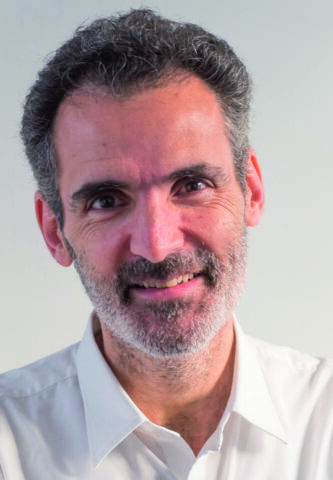You can avoid making mistakes!
You make a huge number of decisions every day. Some are trivial (“What shirt should I wear?”), some carry more risk (“Can I pass the car in front of me?”) and some are high-stakes decisions for your company. In each case, you think you’re making your choice in an entirely rational and spontaneous manner. But this belief could easily lead you to make a mistake, falling into the trap laid by your cognitive biases.
Are you able to decode the biases that taint your decision-making? How can you prevent them from influencing your choices and having you make mistakes that are actually predictable? Olivier Sibony is clear from the outset: our biases are part of us, and we can’t simply get rid of them. But with the right method, combined with the support of a group, we can begin to detach ourselves from our biases and make intelligent decisions.

Olivier Sibony, affiliate professor at HEC Paris, specializing in strategic decision making.
Olivier Sibony spoke at the HR Lab meeting (organized jointly by HEC Executive Education and Business Digest) on April 11, 2019 about his book Vous Allez Commettre une Terrible Erreur (Flammarion, 2019).
Decisions = intuition + reason
Identifying and controlling cognitive biases involve understanding the mechanisms that lie behind the decision-making process. Daniel Kahneman1 describes two systems that govern our thinking. System 1 is based on intuition and the ideas that emerge from it. It is fast, emotional and requires little effort. System 2 is based on reason, logic, control and calculation.
These two systems operate in turn when making a decision: type 1 produces the ideas, while type 2 analyzes them (data calculation, comparison, risk and benefit analysis, etc.) in order to validate the decision (or not). We can consider system 1 as something that is exclusive to humans, i.e., subjectivity. System 2, on the other hand, belongs to the realm of machines, big data and artificial intelligence, all of which are capable of scanning and comparing millions of items of data and entertaining an equal number of different scenarios. Combining the two systems would be perfect but…
- Psychologist, Nobel Prize in Economics in 2002 and author of Thinking, Fast and Slow (Penguin, 2011), translated into French as Système 1, Système 2, les Deux Vitesses de la Pensée (Flammarion, October 2012).
© Copyright Business Digest - All rights reserved



